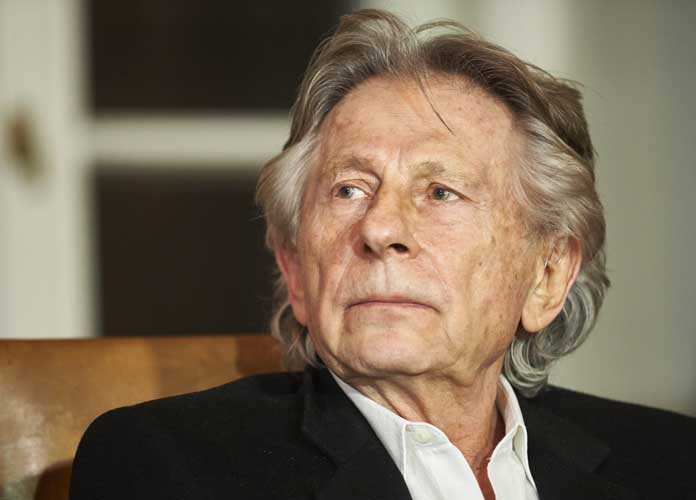Polish Supreme Court Rejects US Request To Extradite Director Roman Polanski
The Polish Supreme Court on Tuesday denied the United States’ request to extradite Oscar-winning director Roman Polanski for his 1978 rape conviction.
POLAND DENIES U.S. EXTRADITION REQUEST OF ROMAN POLANSKI
Polanski was arrested in 1977 on charged of raping a 13-year-old girl at the home of fellow actor Jack Nicholson. On the eve of his sentencing, in which he had agreed to plead guilty to one count of statutory rape, Polanski left the country. One of the director’s lawyers claimed that Polanski “didn’t flee, as it is believed, he simply bought a plane ticket, checked in his luggage and boarded a plane.”
The Polish ruling comes six months after chief prosector and justice minister Zbigniew Ziobro urged the courts to overrule their previous verdict. A spokesman for the Ministry of Justice said that while Ziobro accepts the decision, he still “takes the position that proceedings concerning sexual abuse of minors should be enforced consistently.”
In October 2015, a Polish judge ruled against extradition, saying that Polanski, then 82, would be unlikely to face a fair trial and would most likely be confined under inhumane conditions. Polanski’s lawyers opened their argument by reminding the court that the Swiss authorities also declined to extradite the defendant in 2010.
A dual citizen of both France and Poland, Polanski now resides in France with his wife. Ironically, regardless of Poland’s Supreme Court decision, France does not extradite its citizens. This decision does, however, allow Polanski to work freely in Poland. He had been working on his latest film, The Dreyfus Affair, in Poland, but recently decided to move filming to France.
Polanski did not show up to court to hear the ruling this week. “This is just too emotional for him,” said his lawyer Jerzy Stachowicz. “This has been going on for such a long time. A ruling against overruling the first verdict would be a great relief for him.”
A second lawyer for the director, Jan Olszewkski, said, “he is beyond happy that this is finally over, at least in Poland.”
RELATED ARTICLES
Get the most-revealing celebrity conversations with the uInterview podcast!






Leave a comment